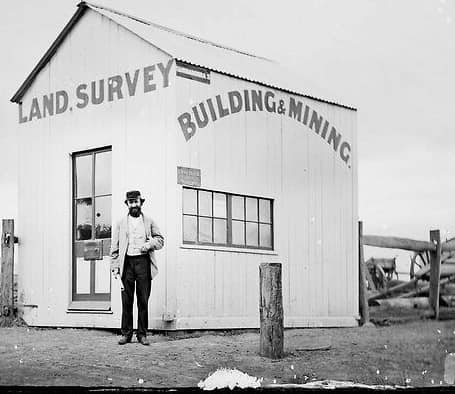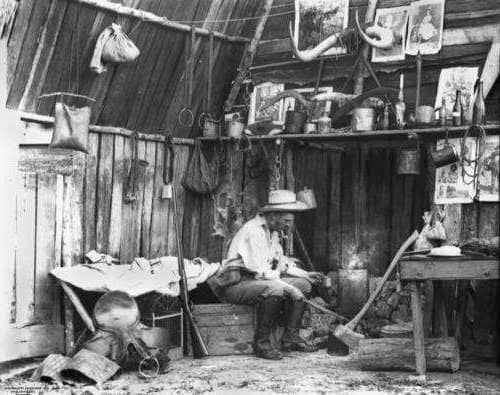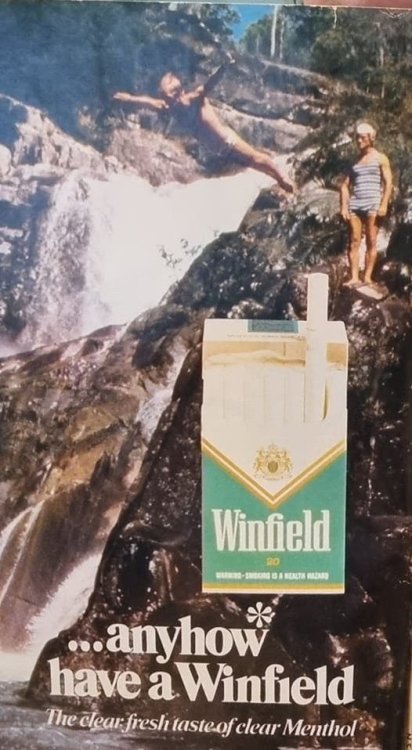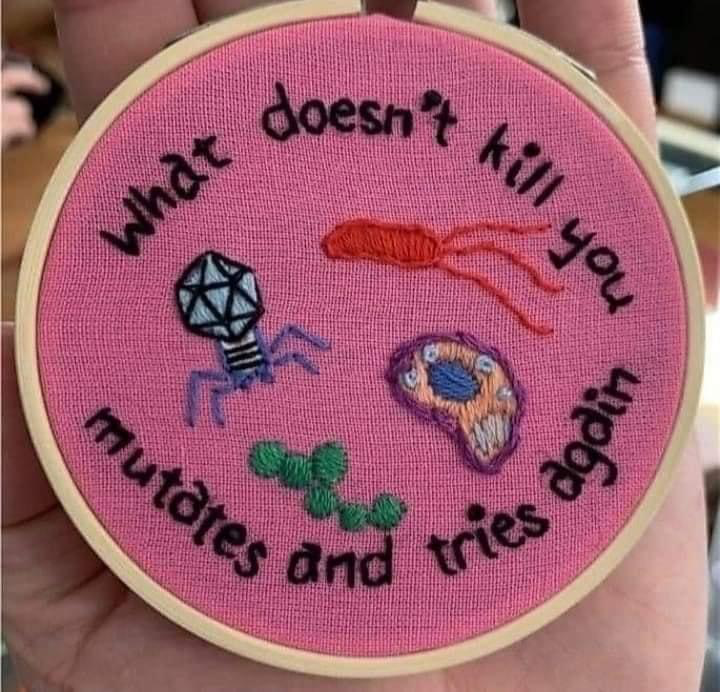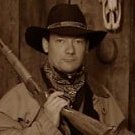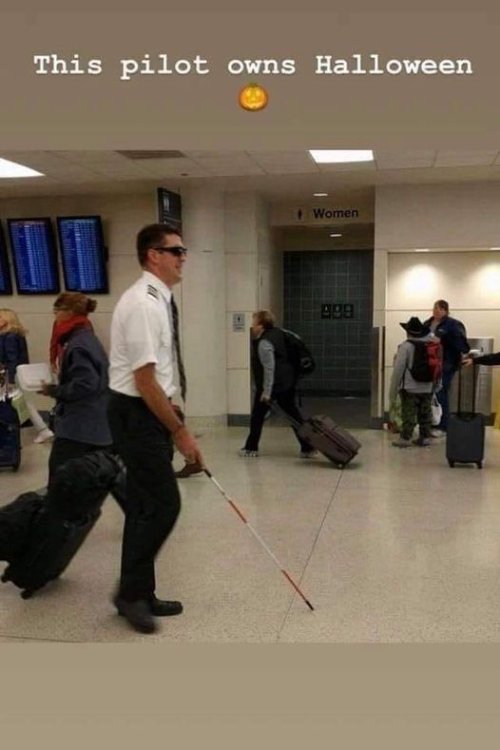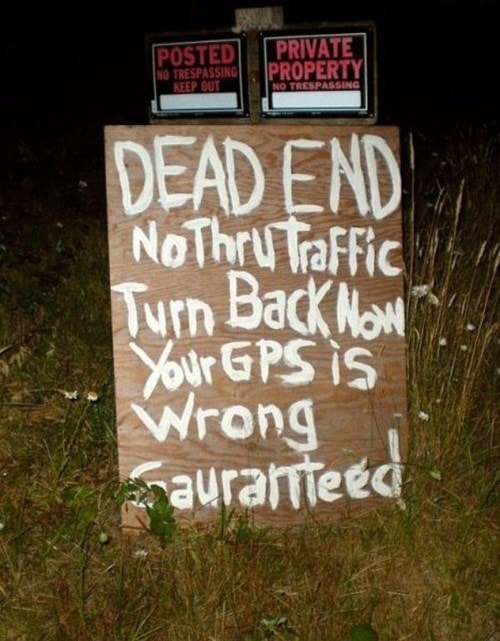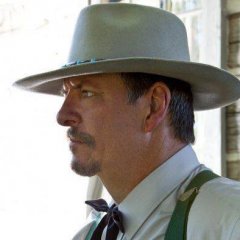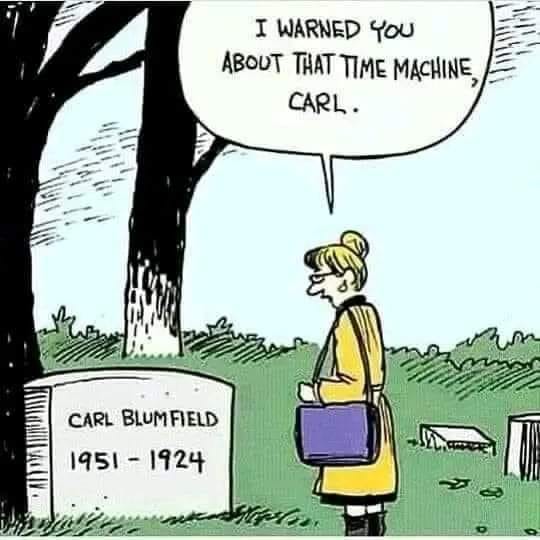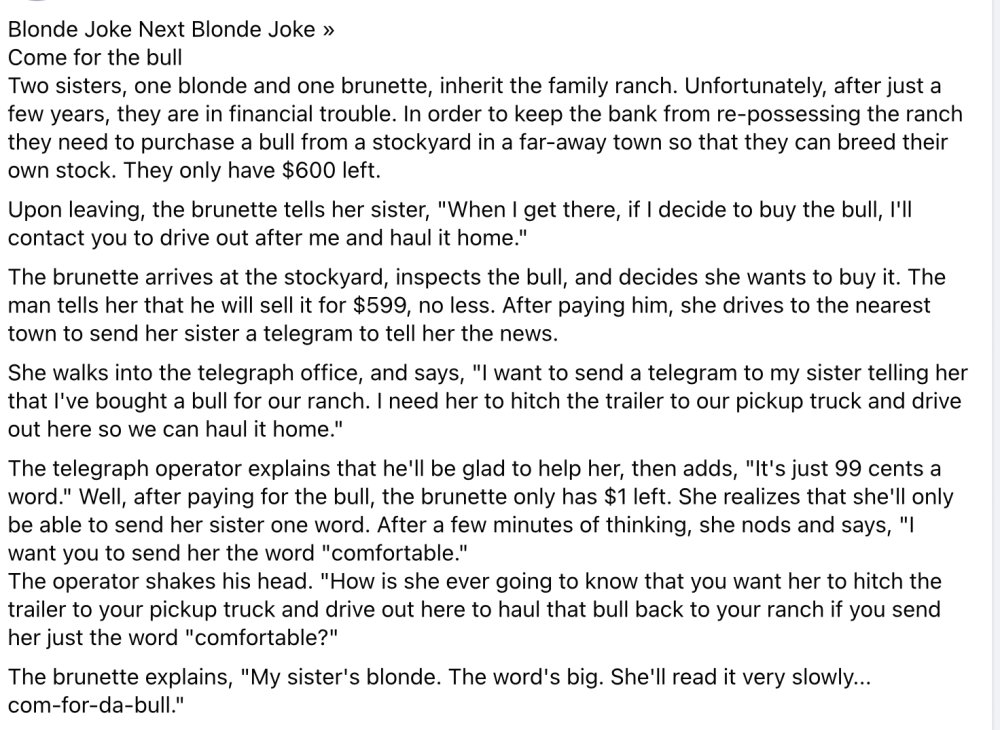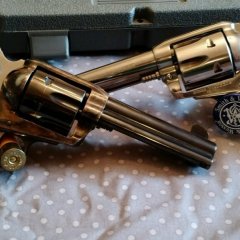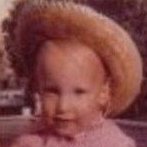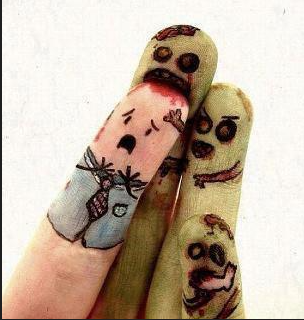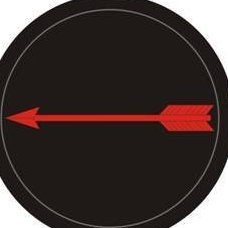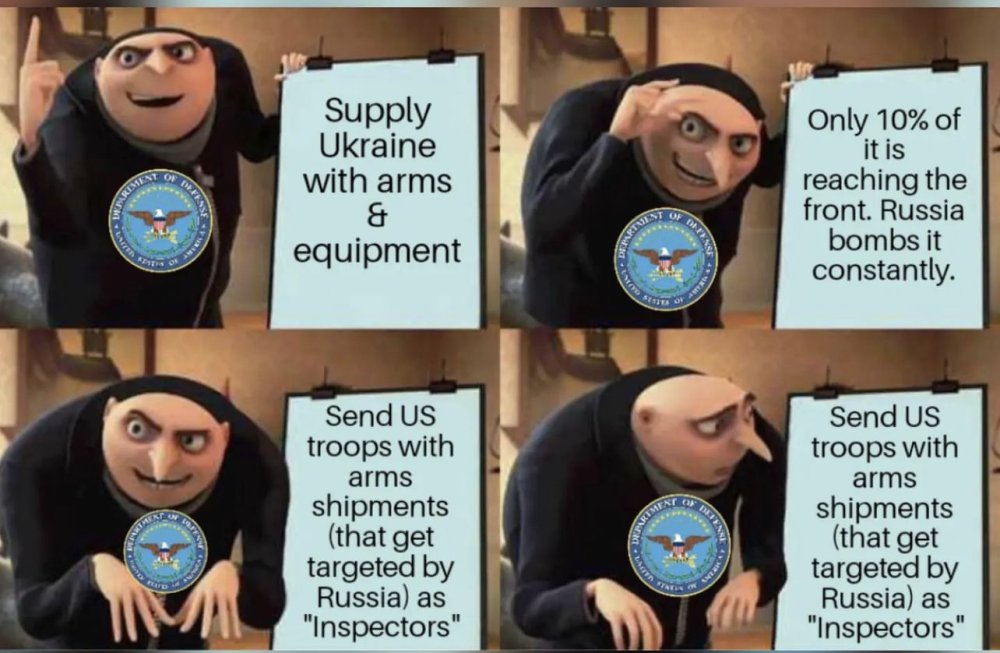Leaderboard
Popular Content
Showing content with the highest reputation on 11/02/2022 in all areas
-
7 points
-
7 points
-
7 points
-
7 points
-
7 points
-
7 points
-
6 points
-
6 points
-
5 points
-
5 points
-
My son has a similar view as Boom Operator on a KC-10. Signed, His Proud Dad5 points
-
5 points
-
4 points
-
4 points
-
4 points
-
4 points
-
4 points
-
3 points
-
ACCEPTED Reverend Johyn Burnett sagged, sat heavily on the tailboard of their first-out pumper. He felt like someone pulled a cork out of his boot heel and drained out all his strength. "My bones are poured out like water," he whispered, the sibilants echoing off the lowered fire helmet's visor. A hand on his shoulder: he looked up. "Chaplain?" Reverend Burnett swallowed, tasted smoke, tasted the smoldery-wet-paper-trash-fire smell of a house fire. The Chief turned, dropped onto the tailboard beside the sky pilot. "You didn't have to go in." "Yes I did." Reverend Burnett, Chaplain for the Firelands Fire Department, coughed, hawked, spat. Chief Fitzgerald clapped his Firecraft-gloved hand on the man's shoulder, twice, rose: he went back into the fireground to supervise the overhaul. The Chief stood, watching, then moved in to lend a hand: Chief he might be, but he was a fireman, and firefighting is nothing short of hot, dirty, hard work. The bodies were gone, carried away in two vehicles, one a borrowed van, the other, the Suburban from their coroner's office: the bodies were small, they were shrouded in white sheets from the ambulance, and they were the first fireground deaths their Parson and at least two of the Irish Brigade had to handle. The Chief looked at the ladder, still set up against the highest window, a window where their youngest member dove into the now-missing window, headfirst: they'd arrived, they seized the ladder, ran it up as it was footed and hoist, it slammed against the side of the house with two men climbing it, both of the going up that ladder as fast as a man can run on level ground. The junior member was first into the upper floor of the fire structure: cause of the fire had been an oil furnace under the stairs, and it burnt out the stairs, fast, trapping three children upstairs: mother and infant were downstairs, asleep, the father, at work. The mother got out, with her youngest baby, but the children were upstairs, asleep. The Chief stared at the window, still exhausting a thin trickle of smoke and steam. Chad was inside, the Captain was most of the way up the ladder, and they heard a man's scream, muffled by the tight-cinched mask of his US Divers SCBA: men were running up with hoselines, nozzles, ceiling hooks: men froze to hear the sound of distress, because there's only one thing it could mean, and what it meant was very, very bad. Chad shoved head and shoulders out the blown-out window, something in his arms, something filthy-blanket-wrapped and oblong: "CAP I FOUND ONE AND SHE'S ALIVE!" The Chief closed his eyes and remembered the moment, like a snapshot, permanently engraved on his memory. Chad, his mask dangling from its neck strap, handing off the bundle to the Captain, the blanket suddenly bright in the glare of the spotlight, swung by an anonymous hand: he saw a thin vapor from a child's mouth as Chad handed the survivor off to the Captain. It was strictly against regulation, it was forbidden, but they all practiced it, because it was fun: the Captain kicked his fireboots off the rung, drove his insteps hard against the uprights, tobogganed down the ladder: he landed, men's arms catching him, keeping him from going over backwards: Shelly ran up with the resuscitator in one hand, the oxygen tank turned on, the demand valve ready in the other hand, and the coroner raised his arm to block her. Shelly ran into the man's arm, shocked: the Coroner pulled the blanket open, tried to lift the child's eyelid. The child's face was so badly burned, the eyelid split. Dr. John Greenlees shook his head and said "Don't even try." The Parson had run up with Shelly, as fast in bunker pants and fireboots as she was in Nomex trousers and Wellington boots: the Chief remembered the look on the Chaplain's face, remembered thinking "Now we'll see what you're made of." They brought out the rest of the bodies, handed them down the ladder, quickly, for the fire was advancing: they got the last one out just as fire started out the window. The Parson did not hesitate to help sheet and shround the little bodies; he knelt, and the few men available stood beside him, talking to God about the still, small forms laying on the spray-dampened grass, helmets in their hands, heads bowed, then every one of them -- every man there, Chaplain included -- turned and looked at the involved structure. Hate -- good, honest hate -- hardened every man's face. Every man there settled his helmet on his head, tugged his gloves more firmly onto his hands. The Irish Brigade attacked the fire like a personal enemy. They went into the house and did battle, belt buckle to belt buckle, with an enemy that wanted to consume them and the entire world -- fire is mindless, treacherous, sneaky, hungry -- if it could eat their souls, it would, and then it would eat the rest of the entire world. The Parson was right there with them. Reverend John Burnett took a savage joy in cutting into a wall with a fire ax to expose fire running up the inside of the wall, he drove the point-and-hook of a pike pole into the plaster ceiling, yanked down burnt plaster, chunks rattling off his helmet -- lath, chunks flaming embers, falling on his helmet, his shoulders as he exposed the heart of the enemy: he took his turn on the nob, driving his watery fist into the guts of the enemy, again and again, and the man knew hate. The Parson learned to hate, that night, and he learned that no matter how hard you hate, it does not help. He helped kill the beast that killed those innocent children, he was relieved on the knob by a fresh set of hands, he went outside and pulled his self-contained mask from his face and let it dangle. As hard as he'd hated, as hard as he'd fought the enemy, those children were still dead. Reverend Burnett went back to the side yard where he'd knelt beside the still bodies of innocent children, killed not from carelessness or maliciousness, but dead anyway, and then he walked back up to the tailboard of the pumper. Reverend Burnett sat, heavily, suddenly, he accepted a bottle of water, he spread his legs, he bent over and threw up. That was the night he was accepted by the Irish Brigade. Until then he'd been a preacher, a nice enough fellow with fine words and a friendly manner, but still an outsider. His firecoat still had the blue Scotchlite of the Chaplain, his helmet still had a reflective cross on the left and the right, with the reflective CHAPLAIN on its beavertail, but there was a difference. His gloves were stained and dirty, as was his coat; his helmet, dirty, spattered with water and ash and the filth from a fire, and his coat bore the ground-in dirt common to the profession. Reverend John Burnett, Chaplain and sky pilot, had gone through fire training with them, he'd pulled maintenance with them, polished apparatus and scoured floors and made coffee with them, but it wasn't until he'd shared a working fire with them, it wasn't until he'd gone to war beside them, it wasn't until he engaged in battle as one of them, that he was finally, truly, accepted. He didn't realize it, of course. He'd thought he was already accepted; he thought he was One of Them already, but it wasn't until after he'd performed the funeral service for the children, not until after he'd met the bereaved parents and counseled with them, not until the house was torn down, the foundations bulldozed into the crater that used to be a basement, not until he realized the Brigade greeted him with a little more warmth, their words more genuine, their hand on his back or on his shoulder more frequent, that he finally realized he was accepted into their inner circle. The Parson would remember that night for a very long time; he would wake at night and smell it and taste it and he'd wake, still feeling the weight of the wet and filthy armor of a working fireman; he'd wake, hearing the hiss and click of the air pack as he breathed, he felt the woven-linen, inch-and-a-half firehose, heavy and turgid and alive in his gloved grasp, he heard the steady hiss of water escaping the Elkhart nozzle, soaking his gloves with the backspray, and then it was gone, and he was in his own bed, wide awake, listening to the silence.3 points
-
2 points
-
2 points
-
QUIETLY, ON THE FRONT PORCH A robed monk and a face-painted slattern held hands. The world was near silent, as it usually is, just before dawn; a few birds, the occasional sound of a horse, a distant dog's bark, but otherwise ... otherwise, silence. The air was ever so slightly damp: cool, almost chill; the pair were not cold, their connection warmed them as they sat side by side in the double rocking chair. The monk released his careful grip on her hand, ran his arm around her, drew her close. "Mmmm," she hummed. "Keep that up and I'll have to corrupt my favorite monk." Sheriff Linn Keller leaned over, kissed his wife under the ear, nibbled at the ear-bob on her earlobe, whispered, "I'd like to see you try." "You, sir, are a cad!" "I'm also a scoundrel, darlin', like to try me?" Esther turned and gave her husband an openly lustful look. "Yes," she whispered. "Yes, I would." It wasn't the first time she'd left lipstick on her husband's face, and God willing, it would not be the last: their eyes spoke of the lust-fires each ignited in the other's belly, their expressions quickly veiled as the maid rattled the doorknob and coughed before she opened the door and brought out her tray. She placed the tray on the sidetable, curtsied as she always did, turned and swept back inside: coffee, tea, warm cinnamon bread with butter and honey reached over with scent-feathers and teased the two. They heard the hired man open the barn door, as he always did, with a groan and an oath; they heard the maid's near-silent retreat back down the hallway in the house behind them; they knew the world was waking, but now, for this moment, they were alone, and together on their own front porch, and before they went inside and divested theselves of their Samhain guise, they relaxed and looked at the colors, boldly painted above and across the high mountain peaks. "It's been years since we stayed up all night," Esther murmured. Linn nodded, smiled, gripped her hand lightly, released: "It's been too long." "We're getting kind of old to stay up all night." Linn kissed his wife, preventing her uttering any further heresy: her response to his effort showed that she did not believe her own words on the matter. "Do you think the maid thinks we're too old?" Esther whispered, her green eyes glowing, promising delights best left to the imagination: Linn smiled quietly and whispered back, "If she does, I'll spank her!" Esther giggled and Linn grinned, and so the two of them, man and wife, partners in life, looked at hot coffee, hot tea, warmed cinnamon bread, and decided that perhaps they would continue this conversation upstairs. A robed monk swept a short-skirted dancing-girl up in his arms and carried her upstairs, and the maid smiled as she heard the bedroom door close. She and the hired man had coffee and tea and cinnamon bread, which is what she'd planned all along.2 points
-
2 points
-
1 point
-
1 point
-
1 point
-
1 point
-
1 point
-
1 point
-
1 point
-
1 point
-
For the automobile minded (Comes from watching Disney's Cars, Cars 2, and Little Cars with a friend's grand kids. Planes is next. Piper Cub comes to mind even before I see the flick.): Willis Jeep Austen Healy Chevy Corvette Crosley Hotshot Dodge Charger Edsel Ranger Ford Fairlane Frazer Manhattan Henry J. Vagabond Hudson Hornet Aston Martin Jordan Playboy Nash Rambler Shelby Cobra Morris Minor Harley Davidson1 point
-
I never heard a chicken fried steak until I was in my thirties. Maybe it's cuz Mama was from Nebraska. But she'd get a cheap cut of cow and beat the hell out of it with one of them meat beaters that looks like a vibram boot sole. Then she would dredge it in flour and fry it. It was served with brown gravy, but it wasn't a thin gravy like you put on rice or potatoes. It was a thick gravy, like milk gravy, but it was brown. We were never told whether that was country fried or chicken fried or what. It was supper. Then I started seeing similar appearing pieces of meat in restaurants, and it came with milk gravy, and they called it chicken fried.1 point
-
1 point
-
1 point
-
1 point
-
1 point
-
1 point
-
to bring up a old Sienfield episode, in your case wouldn’t it be the Bro or the manzier1 point
-
1 point
-
1 point
-
1 point
-
1 point
-
GOOD SOWEEN! A still figure in a long robe of unbleached linen, its hood thrown deep over its face, leaned on a traveler's staff: beside this silent, unmoving figure, quite the opposite: a woman with an openly lustful expression: hussy she was, by appearances, she was a dancing-girl with a painted face, a harlot in a short skirt, stockings and high-heeled dancing shoes: Sean's great laugh boomed out into the darkness, bidding them enter, and so it was the Sheriff and his wife came to help their great, red-headed Irish chieftain celebrate the harvest, the Samhain, or as Sean declared it, "Soween!" Linn threw his hood back, handed off his staff to a grinning Irish lad, embraced Sean most heartily: the two men laughed, their ribs cracking as each tried to haul the other off the floor: Sean succeeded, with little effort: the Sheriff did as well, though he had the harder task, as Sean was taller, bigger boned and more heavily muscled than the lean lawman. Green eyes, and more than one pair, regarded this happy contest, each assessing the other's husband, the way that women will: the two turned to each other, each leaning her red coiffure into the others, smiling and talking quietly as they walked away, deeper into the room laughing quietly and sharing some feminine confidence or another. One of Sean's lads came running through the happy gathering, balancing a carved-out gourd in his hand, a gourd he'd hollowed and carved eyes and a mouth, a gourd that trailed smoke from the coals he'd dropped in it: he ran out the back room and out the open front door, yelling into the night: Daisy looked up, gathered herself to scold the wayward child, then shook her head as she realized he was long gone into the darkness. Sarah sat with Daciana, sipping tea and talking quietly. Each knew the Veil was thinnest this night, this Samhain, this Allhallow's Eve: shades stalked the night, shadows moved and whispered: children ran with innocent hearts, their purity proof against such malevolence, but darkness moved to capture what darkness believed rightfully its own, and one such prize was Sarah herself. Sarah, as a young child, was recognized by the Dark as a potent enemy, one whose bloodline could seriously impair the march of evil in the ages to come: Darkness brought horror and shame to her in those very young years, seeking to cripple her spirit: indeed, half her soul had been torn away and taken to the fires of Hell itself, but her natural defenses kept her from being blasted, and she instead became a misshapen waif, sorrowing and alone in the hidden darkness, hiding from those creatures who would torture her while she remained -- at least, until her living self burrowed through a hole that shouldn't exist, a fistula between the Land of the Living and a place that should not be: she'd reunited with her stolen half, she'd emerged stronger, two men stood in armor from their earlier lives, men who'd swung swords together, and they safeguarded the gateway by which Sarah -- and then they themselves -- made their escape. Shadows moved between the moon and their window; whispers, half-heard, promised death and ruin, should either of them leave the protection of Daciana's tidy little house, guarded as it was with wards, charms and spells, as was the adjacent round barn built in under the mountain's overhang. Sarah smiled as the two old and dear friends talked in quiet voices; they ate a light supper and visited for no reason other than they delighted in their visits, and finally, when Sarah took her leave, Daciana smiled to see the gleam of a silver blade, held up alongside Sarah's forearm: the handle was wrapped with sliver wire, the tapered pommel served not only as a fighting knife's counterweight, but also as a skullcrusher: the two embraced, Sarah stepped outside, caressed her Snowflake-mare, stepped up on the mounting-block and into the saddle. Snowflake was black as a sinner's heart, a shade that matched the night; silver on her bridle stood out like silver dollars tossed out on a black-velvet rug, and something dark coasted out of one shadow and into another, something just as black but far more deadly, something with eyes that burned red, like the coals in Sean's little boy's gourd. "Fire and silver and Sarah," Daciana whispered, and the words became a ward, a charm, a spell in and of themselves, and there were those shades, crossed during this thinning of the Veil, which fled to hear the potent susurrant from the trick-riding Gypsy healer's lips. Sarah turned. "Good Samhain!" she called, her words happy, bright on the night air: Daciana raised her hand, like a blessing: "Good Samhain!" In one house, a feast; in another, a visit between two good friends: childhood's innocence, and a fireheart gourd, protected the one, and harder guards, the other.1 point
-
0 points
-
0 points
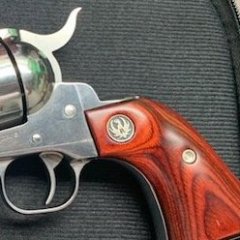
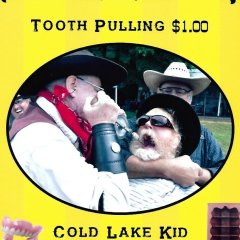





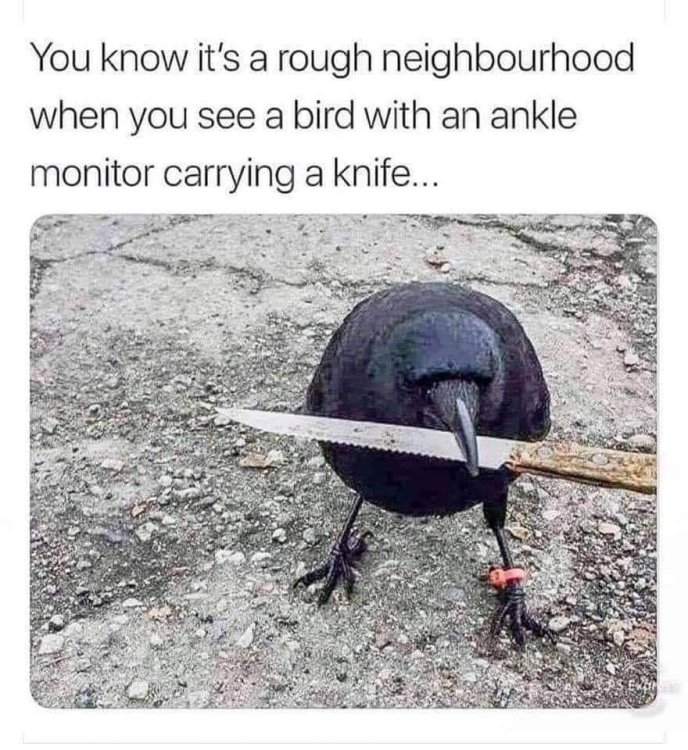


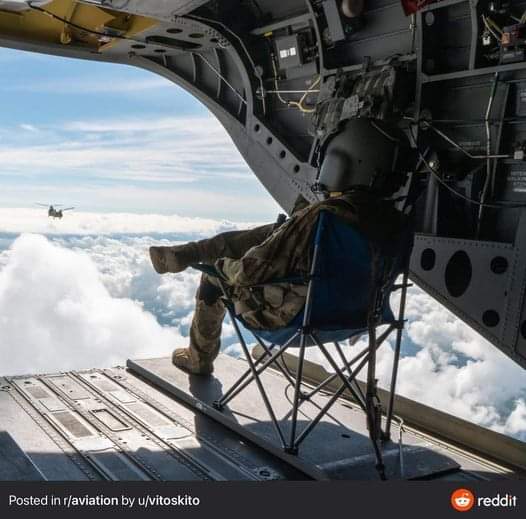
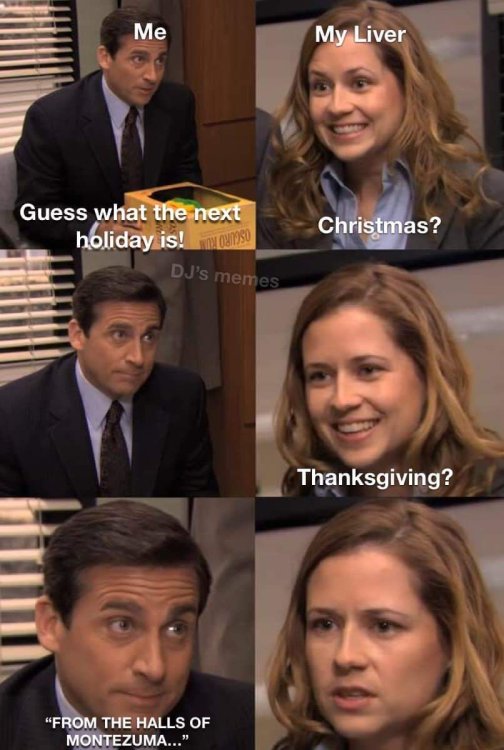
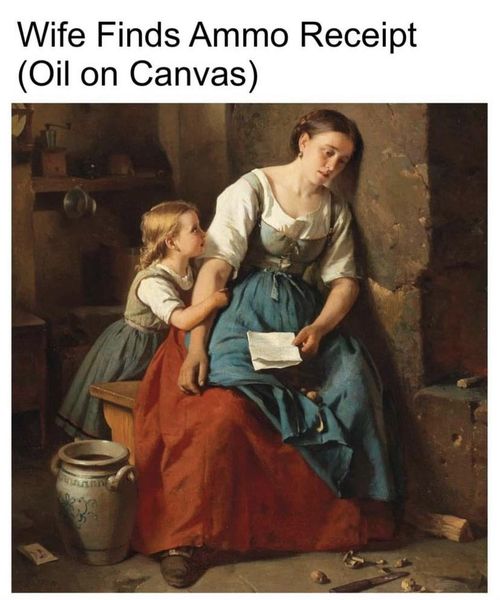
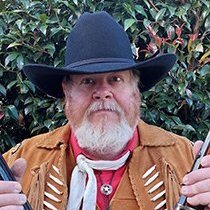
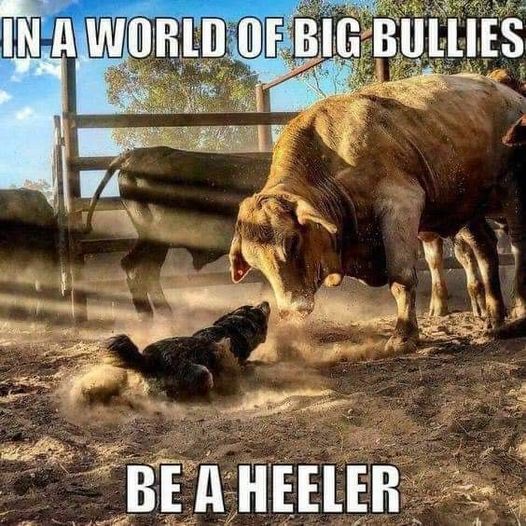

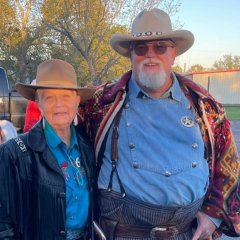
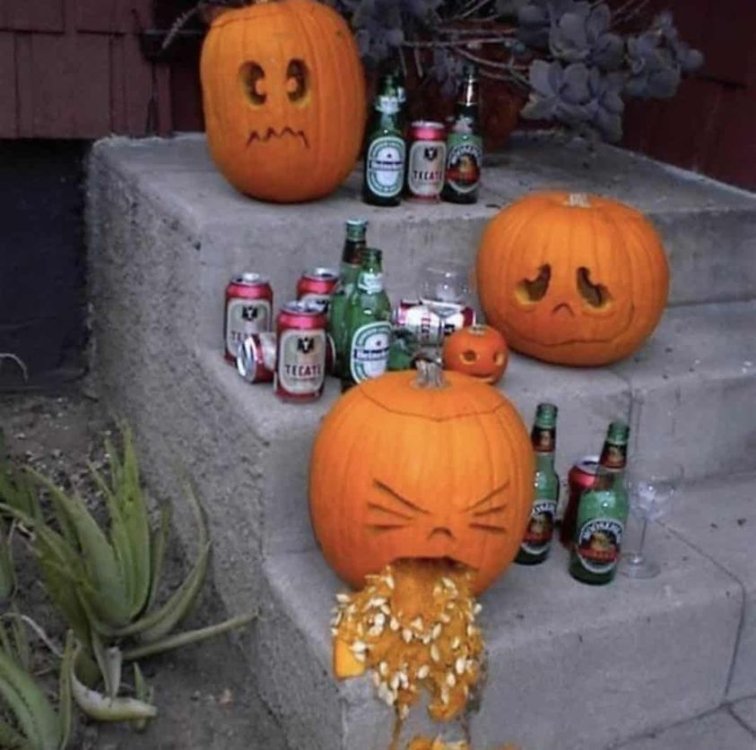
.thumb.jpg.42f9340f5815e3915f9a0b0991f5aa8f.jpg)
